All Stories
-
 Health & Medicine
Health & MedicinePregnant women’s immune systems overreact to the flu
A new study offers an exception to the assumption that a pregnant woman’s immune system fades to keep from attacking the growing fetus.
-
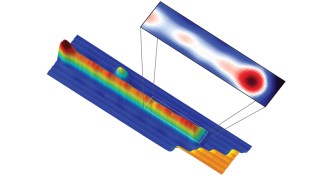 Physics
PhysicsSignal of elusive Majorana particle emerges in a nanowire
New evidence supports existence of exotic Majorana particle — a particle that is its own antiparticle.
By Andrew Grant -
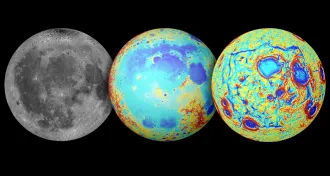 Planetary Science
Planetary ScienceAsteroid impact did not form the moon’s largest plain
The moon's vast flatland — called Oceanus Procellarum — may have been formed through tectonic-like activity billions of years ago, scientists say.
-
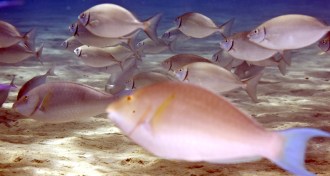 Animals
AnimalsInvasive rabbitfish team up to raze algal forests
Tropical rabbitfish have expanded into temperate Mediterranean waters, where they destroy algae forests by gobbling both young and adult algae.
-
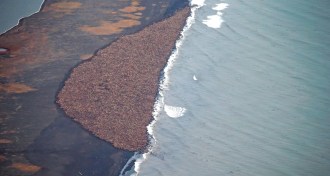 Animals
AnimalsLacking ice, huge walrus herd congregates on Alaska shore
A large group of walruses has hauled out on the beach near Point Lay, Alaska. The animals have been forced onto shore due to a lack of sea ice in the region.
-
 Oceans
OceansSatellites expose mysteries of the deep ocean
New detailed map of Earth’s seafloor reveals never-before-seen formations.
-
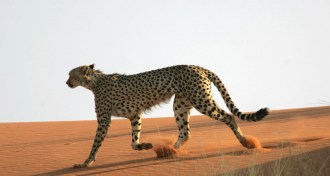 Animals
AnimalsLooking for, not catching, prey drains big cats’ energy
For some big cats, ambushing prey in quick attacks may ease the high energy cost of hunting, new studies show.
By Meghan Rosen -
 Health & Medicine
Health & MedicineStill waiting on a cure for diabetes
Diabetes diagnoses have skyrocketed in the past 50 years. While there are now better medications and options for control, there is still only hope of a cure.
-
 Neuroscience
NeuroscienceHigh blood sugar could worsen effects of spinal injury
Studies in people and mice suggest reining in blood sugar can improve recovery from a spinal cord injury.
By Nathan Seppa -
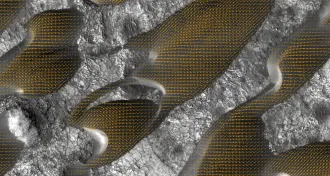 Planetary Science
Planetary ScienceDaily winds shift sands of Martian dune field
Martian winds may stir the Red Planet's sands more often than scientists thought.
-
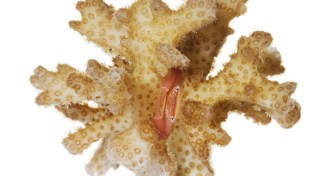 Animals
AnimalsCrabs guard coral from army of sea stars
Coral guard-crabs proved their worth during a 2008 outbreak of crown-of-thorns sea stars, with many successfully protecting their coral from being eaten.
-
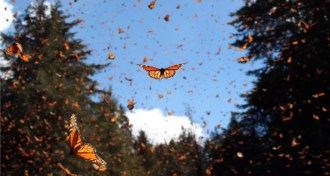 Animals
AnimalsMonarch butterflies’ ancestors migrated
The earliest monarch butterflies originated in North America and were migratory. Some of the insects later lost that ability as they moved into the tropics, a genetic analysis finds.